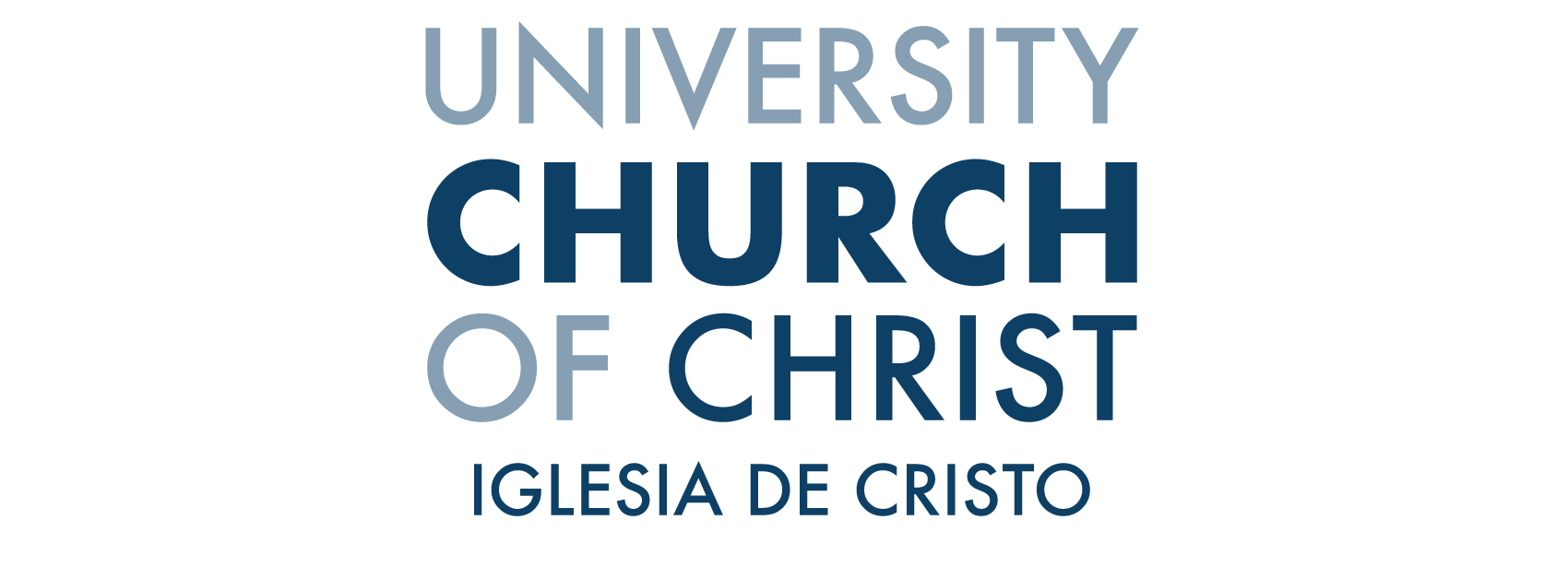All Articles
The True Bread from Heaven

There's a simple meal that commemorates the sacrifice of Jesus Christ. A simple meal, but rich in symbolism and meaning. And while there are many possible connections we could make and explore about the Lord’s Supper, I want to consider the manna in the wilderness that was given to the children of Israel during their exodus from Egypt.
When I was young and I was taught about the Biblical account of how God provided manna to the children of Israel, I viewed the entire situation very practically. They were hungry. So, God fed them. I thought that was pretty neat. I wondered what it tasted like. And that was really about it. It wasn't until I was older that I began to appreciate the miraculous provision God had made and its broader significance. My hope is that by exploring three parallels between manna and the meal before us every first day of the week, we can deepen our understanding and appreciation of God's provision and our daily walk with Him.
First, the story of manna unfolds as a means of God's miraculous provision for the Israelites in their time of need.
1 They set out from Elim, and all the congregation of the people of Israel came to the wilderness of Sin, which is between Elim and Sinai, on the fifteenth day of the second month after they had departed from the land of Egypt. 2 And the whole congregation of the people of Israel grumbled against Moses and Aaron in the wilderness, 3 and the people of Israel said to them, “Would that we had died by the hand of the Lord in the land of Egypt, when we sat by the meat pots and ate bread to the full, for you have brought us out into this wilderness to kill this whole assembly with hunger.” 4 Then the Lord said to Moses, “Behold, I am about to rain bread from heaven for you, and the people shall go out and gather a day's portion every day, that I may test them, whether they will walk in my law or not
Exodus 16.1-4
This heavenly bread appearing with the morning dew sustained them through their wilderness journey. Similarly, in the New Testament, the bread of the Lord's Supper, and really Jesus Himself, represents a far greater sustenance in the body of Christ. Just as manna was God's provision for physical survival, the bread in the communion signifies Christ's sacrifice of His body crucial for our spiritual survival and redemption.
The second parallel: God instructed the Israelites to gather only enough manna for each day ensuring that their daily dependence was on Him for provision.
This daily act of gathering manna was not just about physical sustenance. But it was also a lesson in trust and obedience towards God each and every day. For us, partaking of the Lord's Supper serves a very similar purpose. Because it is a continual reminder to us that we do weekly as believers of our constant need for Christ. As we partake, we should think about our daily dependence on His grace and His mercy.
And finally, manna was also a sign of God's covenant relationship with Israel.
They could see it. It was a tangible reminder of His presence, His care, and His promises. And the Lord's supper we partake is a symbol of the new covenant that was established through the sacrifice of Jesus. And as such, this meal is a reminder of our relationship with Christ, sealed by His blood and all the promises that come with it.
35 Jesus said to them, “I am the bread of life; whoever comes to me shall not hunger, and whoever believes in me shall never thirst. 36 But I said to you that you have seen me and yet do not believe. 37 All that the Father gives me will come to me, and whoever comes to me I will never cast out. 38 For I have come down from heaven, not to do my own will but the will of him who sent me. 39 And this is the will of him who sent me, that I should lose nothing of all that he has given me, but raise it up on the last day. 40 For this is the will of my Father, that everyone who looks on the Son and believes in him should have eternal life, and I will raise him up on the last day.”
John 6.35-40
There are a lot of parallels between manna in the wilderness and the bread of the Lord's Supper. But ultimately manna was really just a shadow or a type of the true bread from heaven which is Jesus. Think about all of the promises that He just laid out in John 6.
My hope is that we are reminded of God's provision in our time of need. And on our daily dependence on Him which echo the lessons that we can learn (and maybe most of us did while we were children) from manna in the wilderness.
The true bread from heaven. Jesus Christ. Our Savior and Lord.




